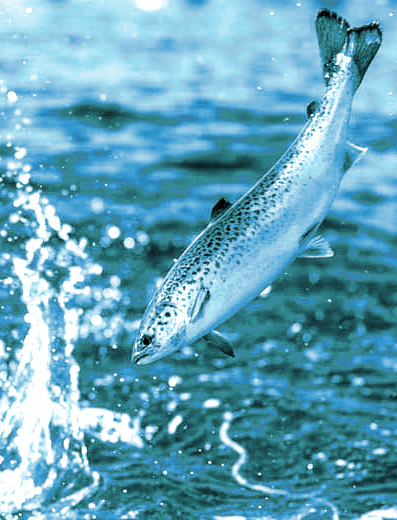Tassal linked to oxygen drop
 An Institute of Marine and Antarctic Studies (IMAS) report has linked a Tasmanian salmon farm with environmental decline.
An Institute of Marine and Antarctic Studies (IMAS) report has linked a Tasmanian salmon farm with environmental decline.
The new report into the health of Macquarie Harbour on Tasmania's west coast has found that a second lease operated by salmon producer Tassal caused an environmental decline in January.
It comes after Tassal was ordered to completely de-stock its farming lease closest to the World Heritage Area (WHA) because of an oxygen 'dead zone' it created.
The new IMAS report found further decline in fauna under another lease owned by Tassal.
The experts said overall improved oxygen levels in the harbour were encouraging, but warned that a similar level of improvement was seen early last year, before oxygen fell to extremely low levels six months later.
“Patterns in the abundance and number of species of benthic fauna in January 2017 remained largely unchanged from the October 2016 survey, with the exception of lease three where there was a further decline,” the report states.
Conservationists say the state’s EPA – which will release a decision on how many fish can be farmed in the harbour next week - should pay close attention to the IMAS report.
In a recent interim decision, the EPA called for the amount of fish allowed in the harbour to be reduced to 12,000 tonnes, though companies have been allowed to exceed the limit if they use an experimental waste capture system under their pens.
Huon Aquaculture spokesperson Frances Bender says the EPA should be tougher.
“The overarching trend of what shows up in the IMAS report is sadly ... the harbour is still in a parlous state,” she told the ABC.
“Playing Russian roulette like the EPA director is doing now, allowing the biomass to be 18,000 tonnes and a trial that has never been proven to work commercially anywhere else in the world in our industry ... is just breathtaking in its stupidity.”
The EPA says it will not comment until it considers all the submissions from the companies.








 Print
Print